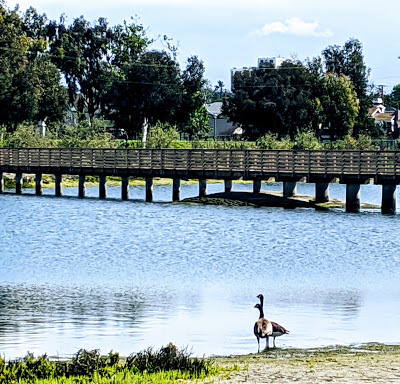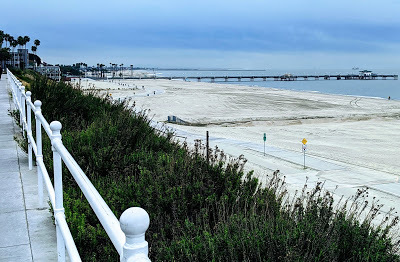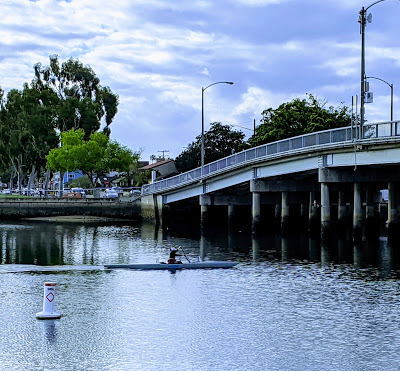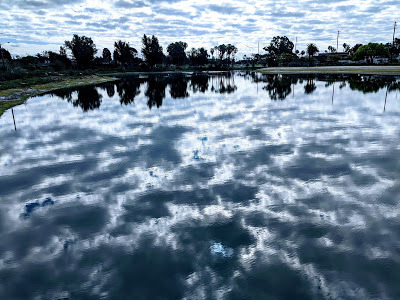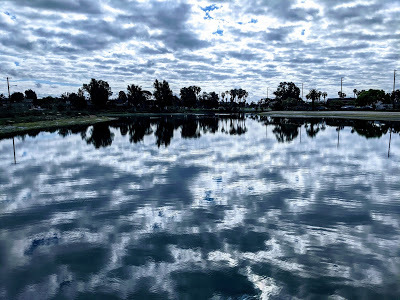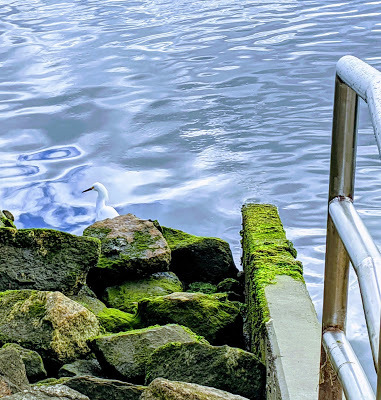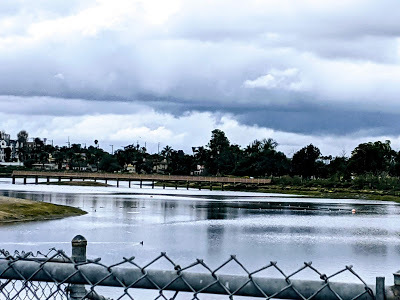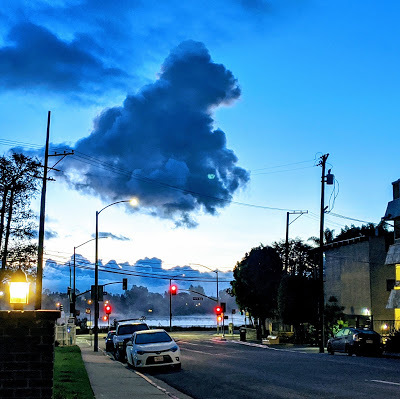R.L. Swihart's Blog, page 107
March 21, 2020
Clips from Camus's "The Fall"
That’s the way man is, cher monsieur. He has two faces: he can’t love without self-love.
*
They need tragedy, don’t you know; it’s their little transcendence, their apéritif.
*
“One doesn’t talk back to one’s father”—you know the expression? In one way it is very odd. To whom should one talk back in this world if not to what one loves? In another way, it is convincing. Somebody has to have the last word. Otherwise, every reason can be answered with another one and there would never be an end to it. Power, on the other hand, settles everything.
Published on March 21, 2020 07:52
CANADA GEESE @ COLORADO LAGOON [3/19/20]
Published on March 21, 2020 07:47
March 19, 2020
Pics in and around Bluff Park & Pier (Long Beach CA)
Published on March 19, 2020 07:58
"Clip" from Handke's "The Goalie's Anxiety at the Penalty Kick"
Bloch noticed that each time he mentioned something and talked about it, the two of them countered with a story about their own experiences with the same or a similar thing or with a story they had heard about it. For instance, if Bloch talked about the ribs he had broken while playing, they told him that a few days ago one of the workers at the sawmill had fallen off a lumber pile and broken his ribs; and if Bloch then mentioned that his lips had had to be stitched more than once, they answered by talking about a fight on TV in which a boxer’s eyebrows had been split open; and when Bloch told how once he had slammed into a goalpost during a lunge and split his tongue, they immediately replied that the schoolboy also had a cleft tongue.
Published on March 19, 2020 07:54
March 16, 2020
Discovery: Cul-de-sac (1966) & Francoise Dorleac
Discovered it and her (I didn't know Catherine had a sister) on first day of my self-imposed quarantine. Well, I still go out: long walks and long lines at the grocery. Anyway ...
Some of the major players in Cul-de-sac: Francoise Dorleac, Donald Pleasence, Lionel Stander, Jack MacGowran, the Lindisfarne Castle (Holy Island) and a young Jacqueline Bisset ("Jackie" in the credits).
*
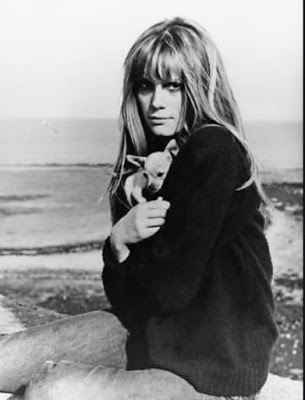
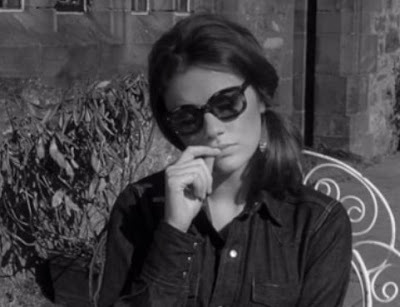
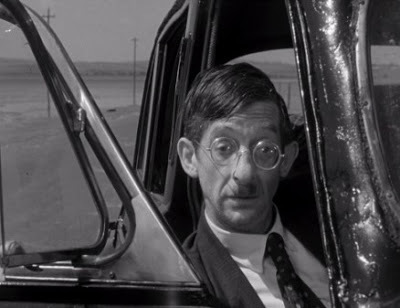


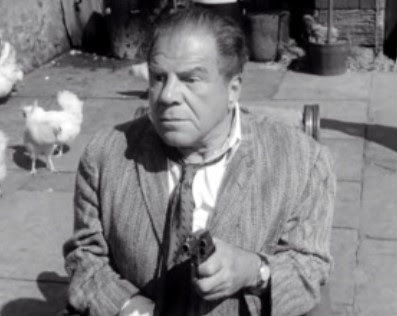
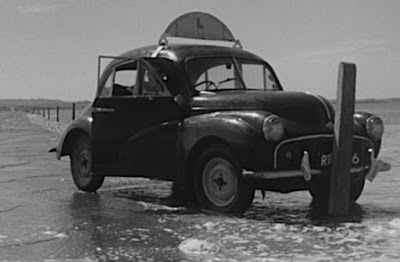
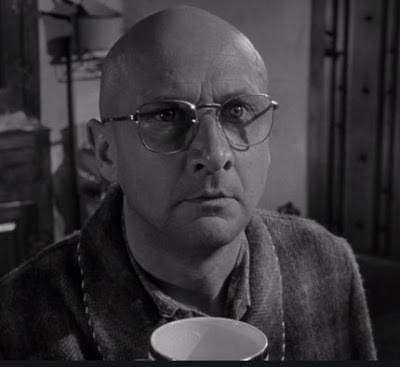
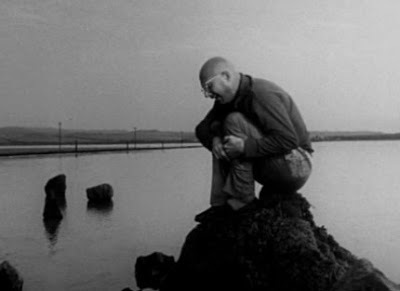

Published on March 16, 2020 11:23
Yesterday: The Ides of March [3/15/20]
Published on March 16, 2020 10:51
March 15, 2020
Clip: From an Essay in Borges' "Labyrinths"
The inventions of philosophy are no less fantastic than those of art: Josiah Royce, in the first volume of his work The World and the Individual (1899), has formulated the following: “Let us imagine that a portion of the soil of England has been levelled off perfectly and that on it a cartographer traces a map of England. The job is perfect; there is no detail of the soil of England, no matter how minute, that is not registered on the map; everything has there its correspondence. This map, in such a case, should contain a map of the map, which should contain a map of the map of the map, and so on to infinity.” Why does it disturb us that the map be included in the map and the thousand and one nights in the book of the Thousand and One Nights? Why does it disturb us that Don Quixote be a reader of the Quixote and Hamlet a spectator of Hamlet? I believe I have found the reason: these inversions suggest that if the characters of a fictional work can be readers or spectators, we, its readers or spectators, can be fictitious. In 1833, Carlyle observed that the history of the universe is an infinite sacred book that all men write and read and try to understand, and in which they are also written.
Published on March 15, 2020 07:53
March 14, 2020
Walking [3/14/20]
Published on March 14, 2020 14:07
The City
Published on March 14, 2020 14:05
March 8, 2020
MORE CLOUDS [3/8/20]
Published on March 08, 2020 11:53



